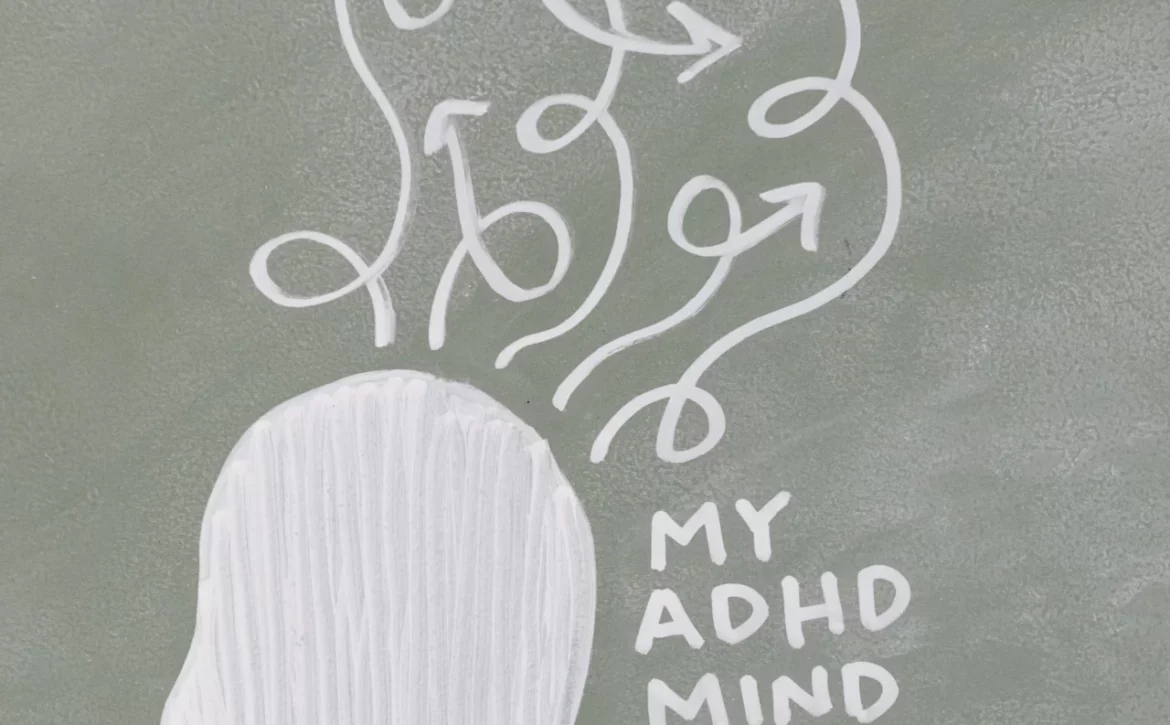10 Questions About ADHD: Exploring the Basics and Debunking Myths
ADHD, short for Attention-Deficit/Hyperactivity Disorder, is a neurodevelopmental condition that affects both children and adults. It is characterized by difficulties in sustaining attention, impulsive behavior, and hyperactivity.
In this article, we will explore ten questions about ADHD, providing you with a comprehensive understanding of this condition and addressing some of the prevailing misconceptions. Let’s dive in!
1. What is ADHD?
ADHD is a neurological disorder that affects individuals’ ability to regulate attention and control impulsive behaviors. People with ADHD may experience difficulty focusing on tasks, organizing activities, and maintaining self-control. It is important to note that ADHD is not simply a result of laziness or lack of discipline. It is a genuine neurobiological condition.
2. What are the causes of ADHD?
The exact causes of ADHD are still not fully understood. However, research suggests that a combination of genetic, environmental, and neurological factors may contribute to its development. Factors such as family history, prenatal exposure to toxins, low birth weight, and premature birth have been linked to an increased risk of ADHD.
3. How is ADHD diagnosed?
ADHD diagnosis Ontario involves a comprehensive evaluation by a qualified healthcare professional. The process typically includes gathering information about the individual’s medical history, observing behavior patterns, and assessing symptoms based on standardized criteria. The Diagnostic and Statistical Manual of Mental Disorders (DSM-5) provides guidelines for diagnosing ADHD.
4. Can ADHD only affect children?
While ADHD is commonly associated with childhood, it can persist into adulthood. In fact, studies estimate that around 60% of children with ADHD continue to experience symptoms in adulthood. However, symptoms may manifest differently in adults, often leading to challenges in professional settings and personal relationships.
5. What are the common symptoms of ADHD?
The symptoms of ADHD can vary in severity and presentation. Common signs include difficulty paying attention, impulsivity, hyperactivity, forgetfulness, poor time management, and organizational difficulties. However, it’s important to note that each individual with ADHD may exhibit a unique combination of symptoms.
6. How does ADHD impact daily life?
ADHD can have a significant impact on various aspects of daily life. Individuals with ADHD may struggle with maintaining focus at work or school, meeting deadlines, and following instructions. They may also face challenges in social interactions, relationships, and self-esteem. However, with proper management and support, individuals with ADHD can lead fulfilling lives.
7. Are there effective treatments for ADHD?
Yes, there are several effective treatment options for ADHD. The most common approaches include medication, behavioral therapy, and a combination of both. Medications such as stimulants and non-stimulants can help improve attention and impulse control. Behavioral therapy techniques, including psychoeducation, cognitive-behavioral therapy, and organizational skills training, can also be beneficial.
8. Can ADHD be managed without medication?
While medication can help manage ADHD symptoms, it is not the only treatment option. Many individuals with ADHD benefit from behavioral interventions, lifestyle modifications, and support from therapists or support groups. These non-pharmacological approaches focus on developing coping strategies, improving organizational skills, and creating a structured environment.
9. Is ADHD overdiagnosed?
The topic of ADHD overdiagnosis is a complex and debated issue. While some argue that ADHD is overdiagnosed, leading to unnecessary medical interventions, others emphasize the importance of early identification and appropriate support. Accurate diagnosis and individualized treatment planning are crucial to ensure that those with genuine ADHD receive the help they need.
10. What are some common myths about ADHD?
There are several myths surrounding ADHD that can perpetuate misunderstandings. Some common misconceptions include:
- Myth 1: ADHD is a result of bad parenting or lack of discipline.
- Myth 2: ADHD is not a real medical condition.
- Myth 3: ADHD only affects boys.
- Myth 4: Children with ADHD will outgrow it.
- Myth 5: Medication is the only treatment option for ADHD.
It is essential to debunk these myths and promote accurate information about ADHD to reduce stigma and improve understanding.
Conclusion
ADHD is a complex condition that affects individuals of all ages. By addressing the ten questions outlined in this article, we aimed to provide a comprehensive overview of ADHD, debunk common misconceptions, and shed light on the impact it has on daily life. Remember, seeking professional help and understanding are vital for effectively managing ADHD and supporting individuals with this condition.
If you need to learn more about ADHD, just contact Cedarway Therapy today! Our experts will take you on a journey of understanding and healing. Get in touch with us today to learn more about our services. We look forward to hearing from you!
FAQs: 10 questions about ADHD?
Can adults develop ADHD later in life?
Yes, it is possible for adults to develop ADHD, although it often manifests differently than in childhood.
Are there any natural remedies or alternative treatments for ADHD?
A2: While some alternative treatments may provide symptom relief, it is essential to consult with a healthcare professional for evidence-based interventions.
Is ADHD a sign of low intelligence?
No, ADHD is not related to intelligence. Many individuals with ADHD have average or above-average intelligence.
Can ADHD be outgrown?
While some individuals experience a reduction in symptoms as they mature, ADHD typically persists into adulthood.
Can ADHD be prevented?
Since the exact causes of ADHD are unknown, it is not currently possible to prevent its development.


